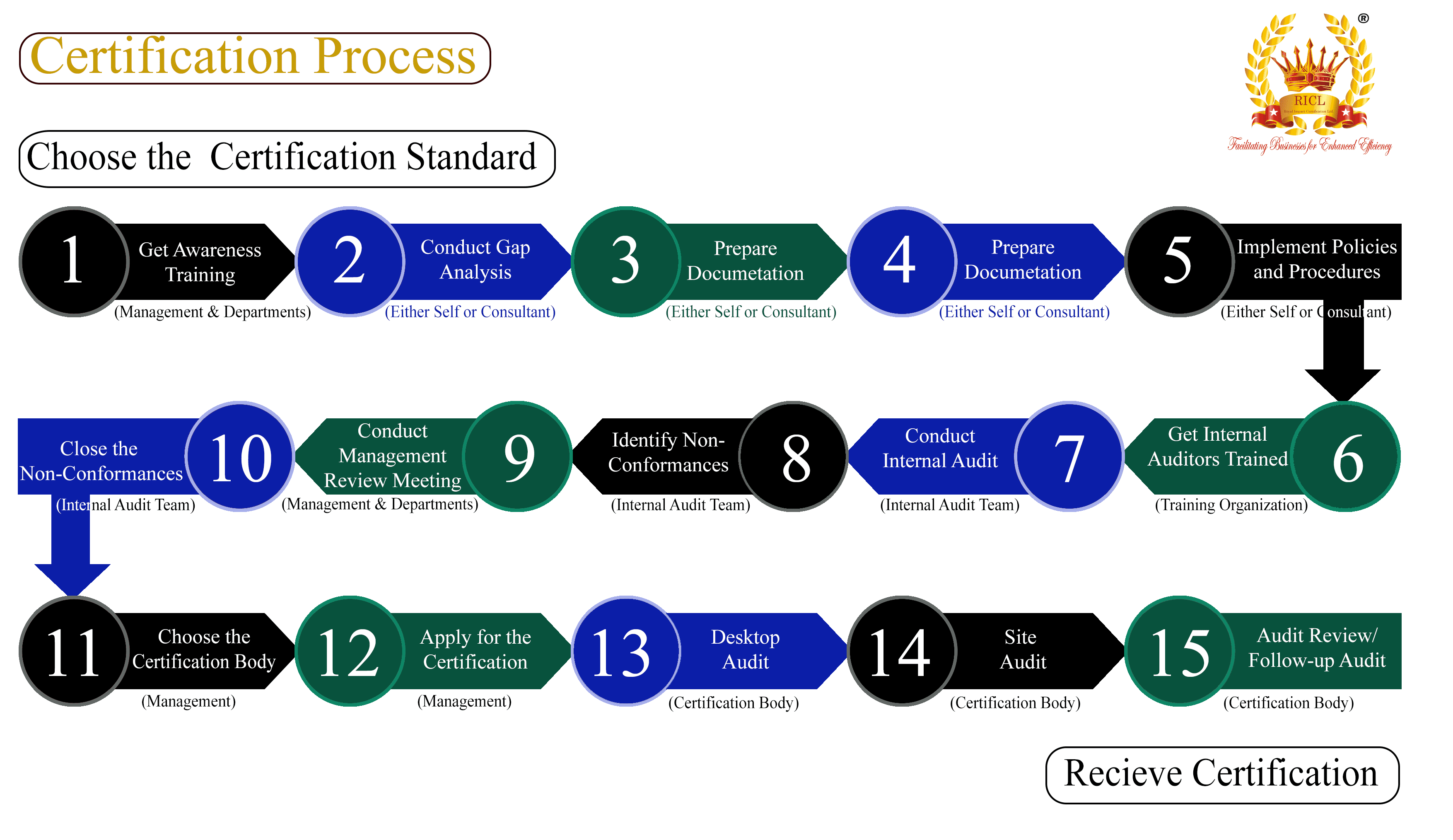
Energy Stimulation
Energy stimulation in inspection services refers to techniques or processes that involve applying various forms of energy to materials, components, or systems to inspect their properties, identify defects, or ensure compliance with safety standards.
Energy stimulation in inspection services refers to techniques or processes that involve applying various forms of energy to materials, components, or systems to inspect their properties, identify defects, or ensure compliance with safety standards. This concept is particularly significant in industries such as manufacturing, aerospace, automotive, and construction, where material integrity and safety are critical. The primary goal of using energy stimulation is to reveal hidden flaws or weaknesses without causing damage to the item being inspected. This is a cornerstone of non-destructive testing (NDT) methodologies.
Energy stimulation in inspection services involves the use of various forms of energy to probe and analyze materials, components, or systems without causing damage. This approach is fundamental to non-destructive testing (NDT), a field crucial for maintaining the integrity and safety of infrastructure in industries like aerospace, manufacturing, and automotive. By applying specific types of energy, such as ultrasonic waves, X-rays, or magnetic fields, and analyzing how these energies interact with the subject material, inspectors can detect hidden flaws or inconsistencies that might indicate potential failures.
Ultrasonic testing, for example, utilizes high-frequency sound waves that penetrate materials with precision, reflecting off flaws such as cracks or voids to create a detailed image of the internal structure. Radiographic testing, on the other hand, employs X-rays or gamma rays to capture densitometric images on film or sensors, revealing discontinuities within complex assemblies. Magnetic Particle Inspection and Eddy Current Testing explore magnetic and electromagnetic properties respectively to uncover surface and subsurface anomalies in conductive materials. Meanwhile, Thermographic Inspection uses infrared technology to detect heat variances that suggest material inconsistencies like delamination.
The process begins with the selection of an appropriate energy source, considering factors like material properties, defect types, and inspection environment. The chosen energy is then directed into or through the material, with detectors or sensors capturing any alterations in energy behavior—be it absorption, reflection, refraction, or distortion. Sophisticated software is often employed to analyze these interactions, providing inspectors with detailed insights about the presence and characteristics of potential defects.
This meticulous examination culminates in comprehensive reports that guide maintenance decisions, ensuring safety and operational efficiency. The application of energy stimulation in inspection services thus plays a pivotal role in preempting failures and extending the lifespan of essential components across various sectors, underscoring its significance in modern industrial practices.

These are the Industries related to Energy Stimulation:
- Automotive manufacturing
- Aerospace industry
- Chemical production
- Electronics manufacturing
- Pharmaceutical industry
- Textile and apparel manufacturing
- Food and beverage production
- Packaging industry
- Printing and publishing
- Construction and building materials
- Oil and gas extraction
- Mining and mineral processing
- Metal fabrication and machining
- Plastics and rubber products
- Renewable energy sector
- Waste management and recycling
- Water treatment and sanitation
- Agriculture and agribusiness
- Forestry and logging
- Pulp and paper industry
- Steel and metal production
- Cement and concrete manufacturing
- Shipbuilding and maritime industry
- Power generation and utilities
- Telecommunications industry
- Transportation and logistics
- Healthcare and medical services
- Education and research institutions
- Hospitality and tourism
- Retail and consumer goods
- Financial services
- Information technology (IT) sector
- Consulting and professional services
- Real estate and property management
- Chemical distribution and trading
- Automotive aftermarket services
- Environmental consulting firms
- Renewable energy developers
- Industrial cleaning and maintenance
- Laboratory and testing services
- Environmental advocacy organizations
- Government and public sector agencies
- Non-profit organizations
- Event management and entertainment
- Sports and recreation facilities
- Textile recycling and upcycling
- Food service and catering
- Green building and architecture
- Eco-tourism and outdoor activities
- Waste-to-energy projects
[sp_easyaccordion id=”10748″]
[formsapp id=”662f63f6c4dd546c9916c3db”]
